According to the Deputy Director of AFD in Vietnam, from an underdeveloped country, Vietnam rose to the group of middle-income countries in 2017 and is on track to join the group of upper-middle-income countries.
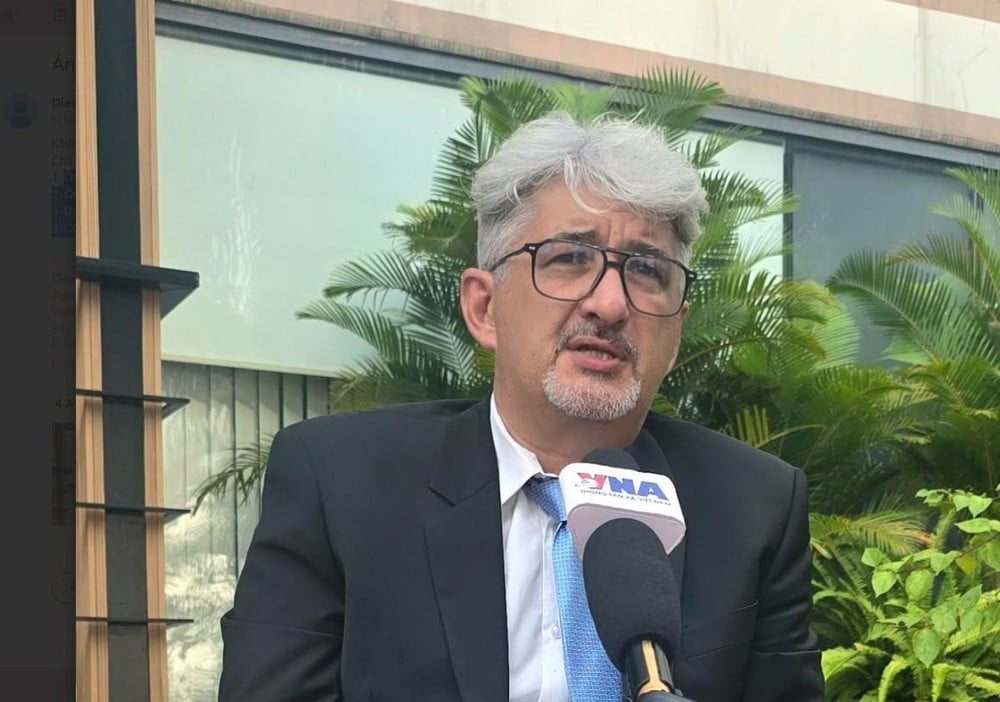
After more than 80 years of independence and continuous innovation, Vietnam has become a bright spot in the region in economic reform, attracting the attention and companionship of many development partners.
Among them, the French Development Agency (AFD) is considered one of the most persistent and committed partners.
Speaking with a reporter from Vietnam News Agency, Mr. Hugo Pierrel, Deputy Director of AFD in Vietnam, shared a comprehensive view of Vietnam's impressive development journey, outstanding cooperation milestones, future prospects and some policy recommendations.
Mr. Pierrel acknowledged that Vietnam has undergone a "particularly impressive socio-economic development journey, marked by structural reforms and sustainable growth." From a less developed country, Vietnam rose to the group of middle-income countries in 2017 and is on track to join the group of upper-middle-income countries.
One notable achievement has been the dramatic reduction in poverty: the extreme poverty rate has fallen from 45% in 1990 to less than 1% today.
“This is the result of the Vietnamese Government 's persistent efforts through concrete actions, reasonable resource allocation and effective handling of essential socio-economic issues," Mr. Pierrel emphasized.
The indicators of progress are reflected in people’s increasingly better access to energy, clean water and education . In particular, universal education is considered a testament to the effectiveness of macro-governance and consistent reforms that the Party, State and Government have persistently implemented.
According to Mr. Pierrel, the economic management policy is "exemplary," building solid trust among international partners. Vietnam has cleverly taken advantage of trade integration, attracted FDI and effectively used support from organizations such as AFD to develop export agriculture and expand production.
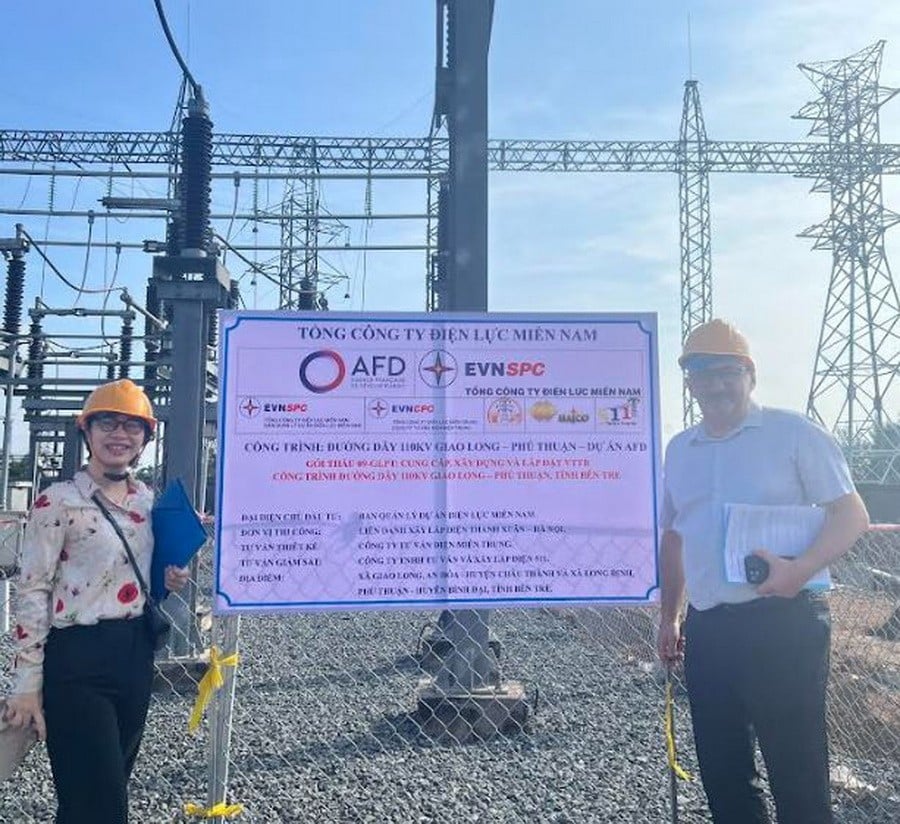
AFD's outstanding cooperation "milestones" in Vietnam
AFD has been present in Vietnam since 1994 and has been accompanying Vietnam for 31 years. As the bilateral development bank of the French Government, AFD and its member units such as Proparco and Expertise France have committed a total support capital of 3.2 billion euros (about 3.73 billion USD) to Vietnam.
According to Mr. Pierrel, there are three prominent cooperation phases, which are “milestones” in AFD’s activities in Vietnam. The first phase, from 1994. During this period, AFD mainly financed agriculture and agricultural processing, especially strategic crops such as rice, coffee, tea, and rubber, with the aim of helping Vietnam develop agriculture and improve its agricultural processing capacity. At the same time, capital was allocated to irrigation, water resource management, and irrigation infrastructure, laying the foundation for long-term growth.
The second phase was in the early 2000s, when Vietnam focused on developing economic infrastructure and AFD shifted its capital to this sector, in response to the Vietnamese Government's requirements. Notable projects include AFD's cooperation with Vietnam Electricity (EVN) and the National Power Transmission Corporation (EVNNPT), the Yen Vien-Lao Cai railway upgrade project and co-financing of Hanoi Metro Line 3.
Since 2015, AFD's activities in Vietnam have reached a new milestone. After the Paris Agreement on climate was signed, AFD was tasked with increasing support for emission reduction and climate change adaptation programs.
In Vietnam, AFD is proud to be one of the key players contributing to Vietnam's energy transition, through energy and transport support projects, supporting the energy transition process according to the Electricity Strategy 8 and the Vietnamese Government's commitment to achieving net zero emissions by 2050.
Many large projects have been implemented, such as the expansion of Hoa Binh Hydropower Plant, Bac Ai Pumped Storage Hydropower Plant, and anti-erosion and flood control projects in more than 15 new provinces and cities of Vietnam.
Not only limited to funding activities, AFD also participates in policy consulting, improving economic-climate analysis capacity (GEMMES program), and promoting peer-to-peer partner connections between Vietnam and France, such as connecting EVN with the French electricity group EDF, or Hanoi city with the Ile-de-France region in Paris.
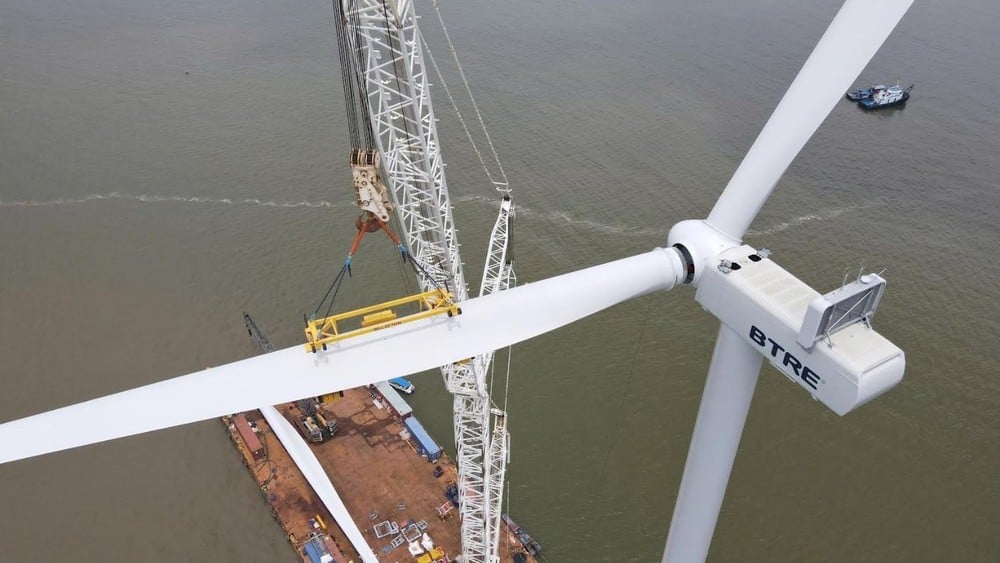
Challenges and recommendations for the road ahead
In addition to acknowledging that Vietnam has made many advances, the Deputy Director of AFD in Vietnam also frankly pointed out three main challenges in project implementation in Vietnam. He said: "Land management and site clearance are the first obstacles that often cause delays, affecting project progress."
However, he said that the Vietnamese Government and local authorities have made efforts to remove obstacles, create more favorable conditions, and support projects to complete on time.
The second issue, according to Mr. Pierel, is that the approval procedures are still relatively complicated. He commented that the current process has many layers, especially for projects using official development assistance (ODA) or public investment. However, in this regard, he emphasized that Vietnam has also proactively improved through recent reforms in bidding and project management.
Biodiversity is the third major barrier that Pierrel mentioned. This is an area that AFD is increasingly focusing on, as large infrastructure projects often have long-term impacts on ecosystems. Vietnam, with its rich biodiversity, needs to minimize negative impacts and integrate conservation elements right from the planning stage, Pierel noted.
Assessing the institutional reform program launched in early 2025, Mr. Pierrel affirmed that this is a positive step forward for the administrative system and government organizations at all levels of Vietnam, opening up opportunities to improve governance efficiency, thereby supporting the goal of making Vietnam a high-income country by 2045.
To maintain sustainable growth momentum, the Deputy Director of AFD in Vietnam recommended integrating four important elements into national development policies, including building a carbon-free production-consumption system, gradually reducing dependence on fossil fuels; integrating climate change response into all policies, from central to local levels, both public and private sectors; building a solid infrastructure and institutional foundation as a foundation for economic development; developing high-quality human resources, considering this a key driving force to improve labor productivity and increase added value for the economy.
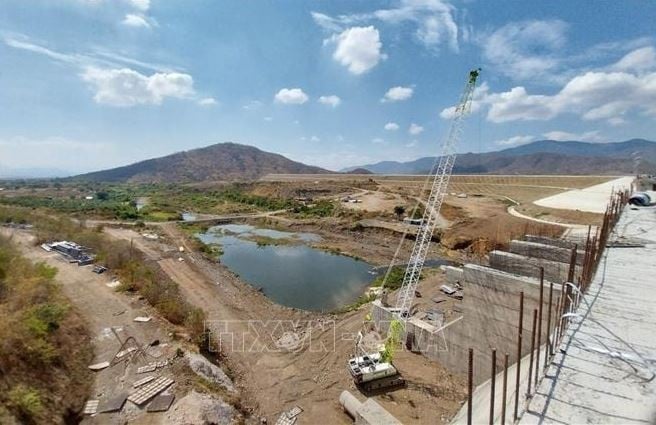
In addition, he also emphasized the need to soon distinguish the role of public-private investment in large projects. In some strategic areas such as the power transmission grid, the State should play a leading role to ensure system stability, thereby encouraging the private sector to invest in energy production.
Regarding the financial market, Vietnam needs to ensure that all economic sectors - from small and medium enterprises, business households to corporations - can have fair access to credit capital, helping to realize green growth goals with appropriate policy tools.
Sharing with Vietnam News Agency reporters, Mr. Pierrel affirmed: "Development partners like AFD are always ready to accompany the Vietnamese Government, sharing experience, skills and technology to jointly achieve ambitious development goals."
With over 30 years of cooperation and a deep understanding of the Vietnamese context, AFD sees itself as part of the green transition and sustainable development process.
According to the Deputy Director of AFD, the cooperation is not only financial support, but also a bridge of knowledge, technology and governance, towards a prosperous and sustainable future for Vietnam.
Source: https://baolangson.vn/chuyen-gia-phap-viet-nam-trai-qua-hanh-trinh-phat-trien-kinh-te-xa-hoi-dac-biet-an-tuong-5056818.html



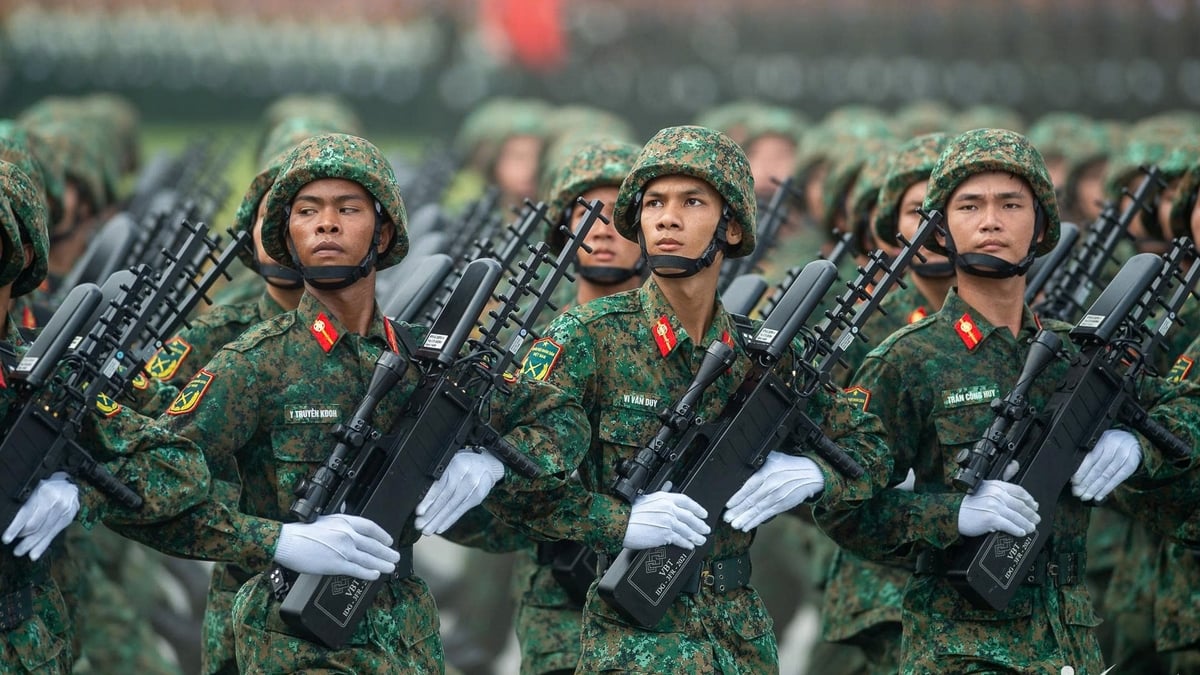







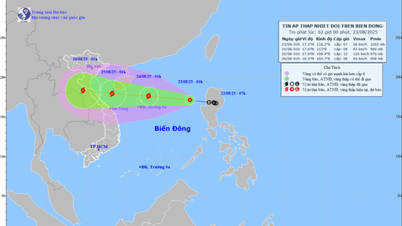
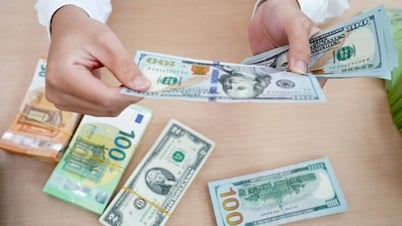

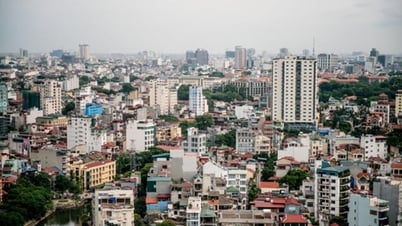
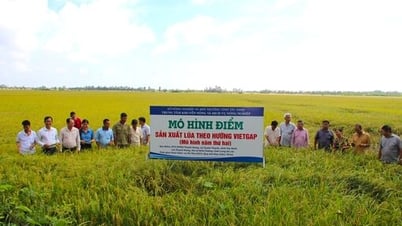







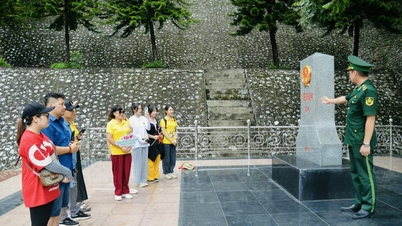

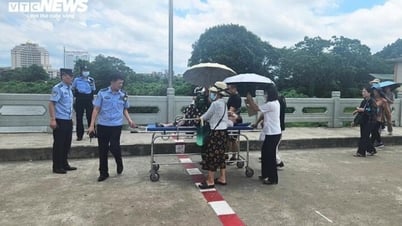


![[Photo] President Luong Cuong attends special political-artistic television show "Golden Opportunity"](https://vphoto.vietnam.vn/thumb/1200x675/vietnam/resource/IMAGE/2025/8/22/44ca13c28fa7476796f9aa3618ff74c4)




















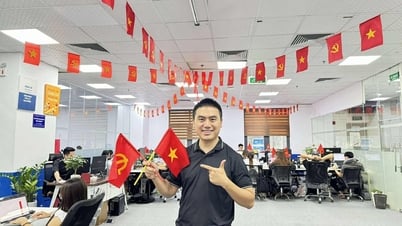













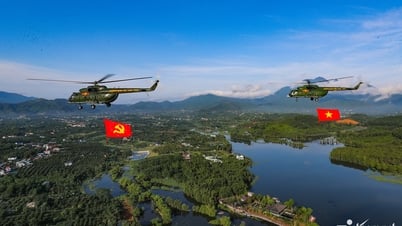
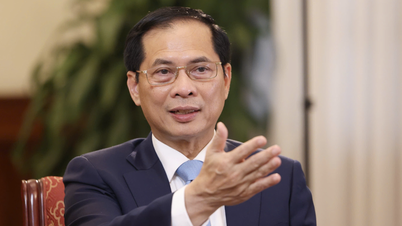

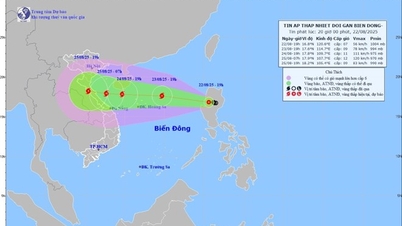

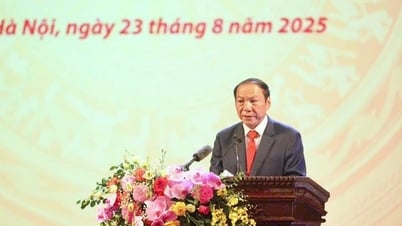


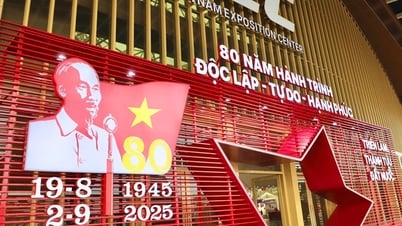
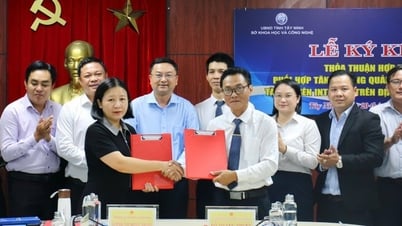


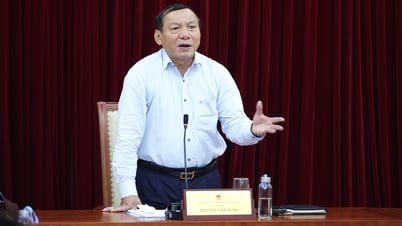


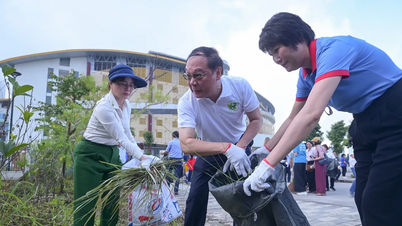
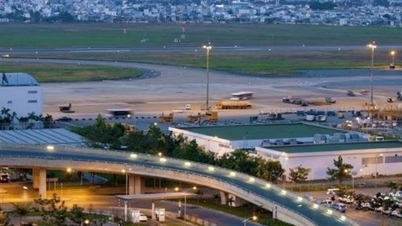
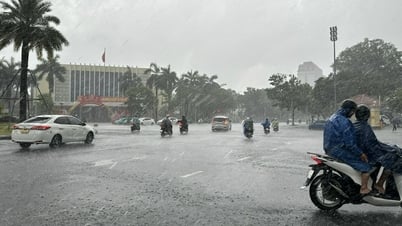




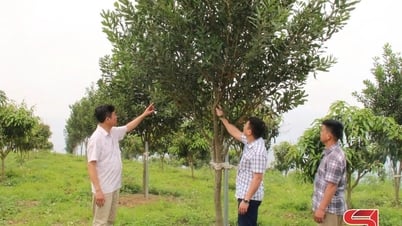







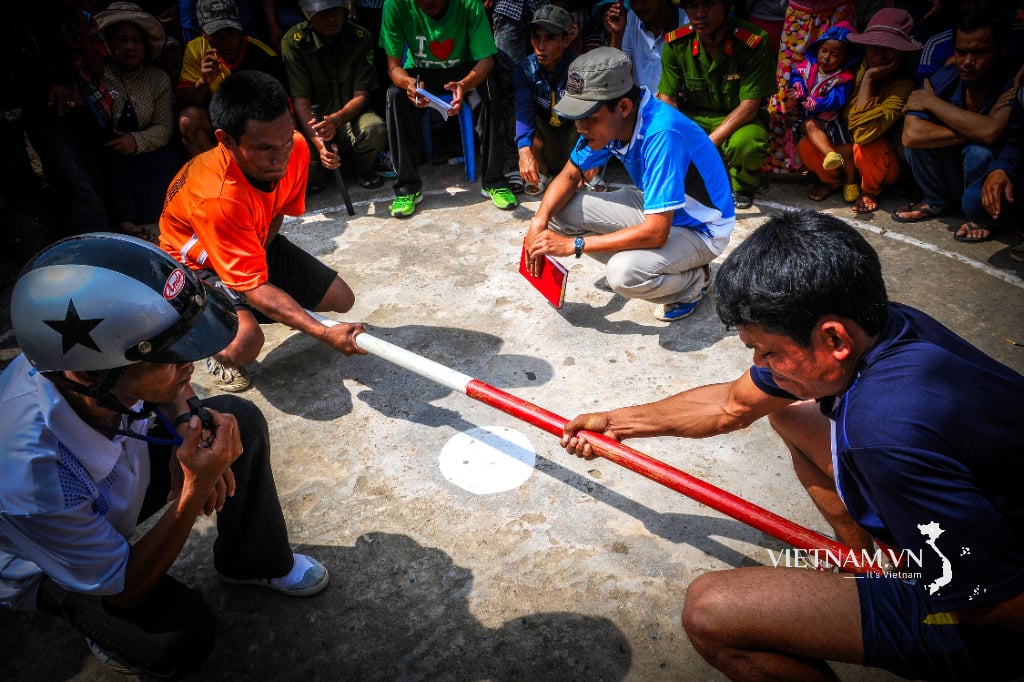
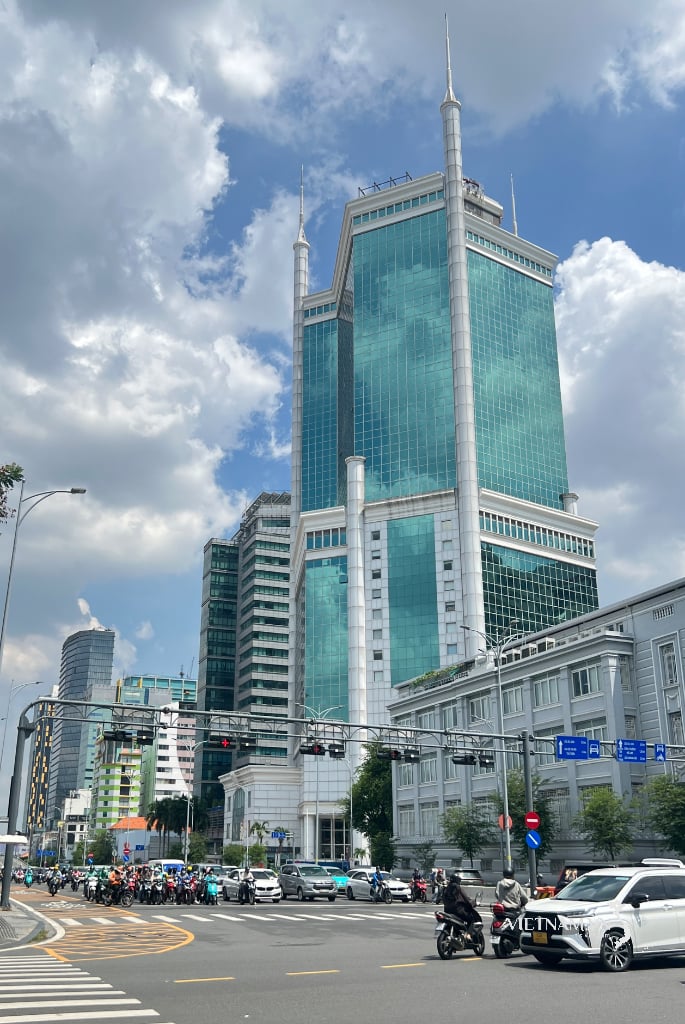

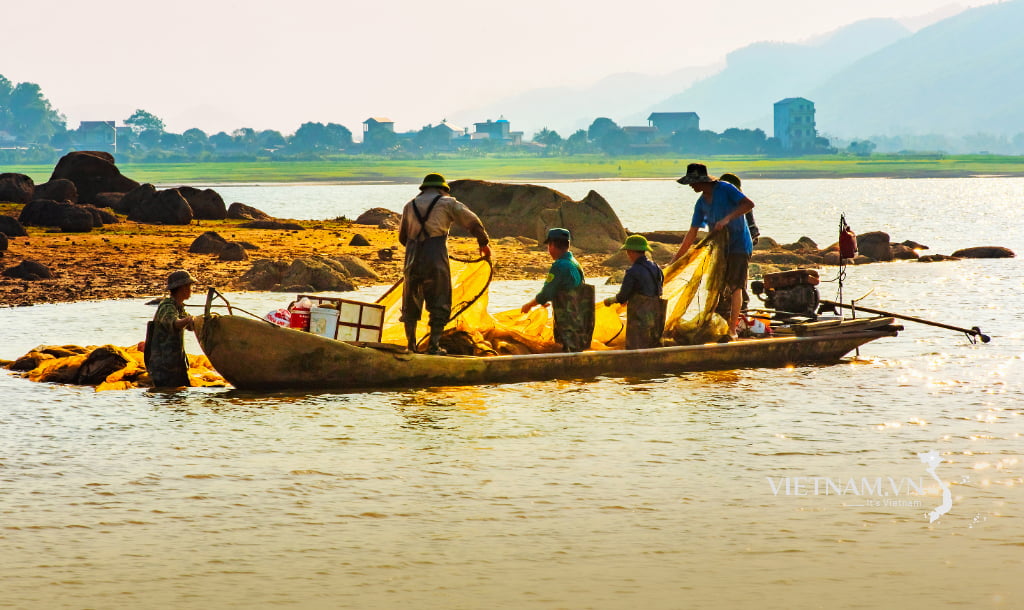
Comment (0)